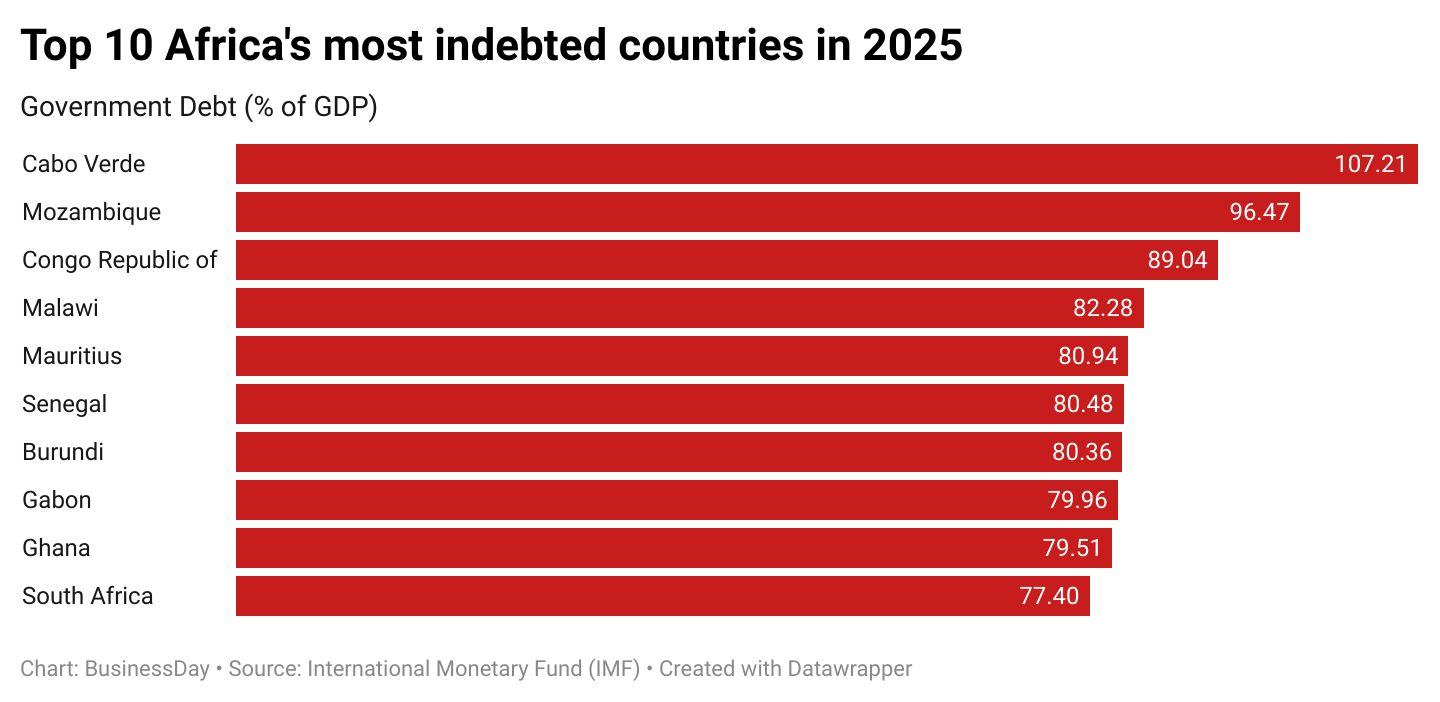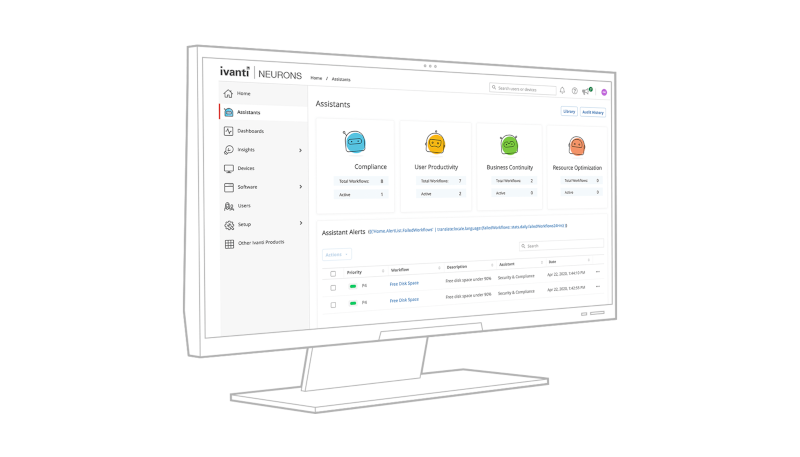Leading agricultural experts have called for accelerated adoption of hybrid technology to address India’s growing food security challenges, climate change effects, and sustainable development goals. Disclosing the government’s thrust areas, PK Mishra, Principal Secretary to the Prime Minister, said: “Hybrid technology has to play a role beyond just increasing yields.”
Inaugurating a three-day symposium on “Hybrid Technology for Enhanced Crop Productivity” in New Delhi on January 8, Mishra said that adoption of hybrid technology (by farmers) should lead to equitable, inclusive and sustainable growth of economy. “It should also lead to transformation of agriculture through increasing farmers incomes. Reducing poverty is very important and agriculture has an important role to play,” he said.
Excerpts from his speech:
“Growth of agricultural and allied sector has recorded 4.1 per cent since 2014, driven by a 5 per cent increase in agriculture between 2017 and 2023 when livestock growth was 5.9 per cent and fisheries grew by 9 per cent, but agriculture had 2.5 per cent growth.”
“Although agricultural GDP has grown in absolute terms since 1967, and made India surplus in foodgrains from an importing country with the contribution of the Green Revolution, the contribution of agriculture in GDP has come down from 42 per cent in 1969 to 18 per cent in 2023. However the workforce dependent on agriculture, although declined marginally, still stands as high as 37 per cent. This leads to issues of equity and inclusiveness.”
“Although the vision of 2050 shows agriculture contributing 7 per cent of GDP, the workforce contribution will still be 27 per cent. Small scale holdings (less than 5 acres), currently at 146 million, is estimated to go up to 168 million. Hence the inequalities will continue and this needs to be addressed.”
“As the number of small holder farmers has gone up during this period, we need to look at five change agents to improve their incomes and lives: (1) More focus on horticulture, livestock and fisheries; (2) Use of technology that helps small holder farmers; (3) Crop diversification to more profitable crops; (4) Increasing crop productivity and (5) Increasing Non-crop income of farmers.”
“Hybrid research has to produce products that have higher productivity than open pollinated (OP) varieties. Rice, Pulses and Oilseeds need high priority in hybrid research, particularly we need to bring hybrid pigeonpea to market and scale it up. This will help in bridging availability gap in pulses. Similarly in oilseeds too, we should increase productivity using hybrids. This is a priority for the country.”
“Hybrids (at the same time) have to be affordable to smallholder farmers. If research can make farmers save hybrid seeds from one season to another season without losing heterosis, as they do with OP crops, it would be great scientific contribution to increasing farmers incomes.”
“Consortium approach to bring public and private together is critical and be encouraged through policy support for intellectual property rights (IPR) protection. Enforcement of IP is extremely important to increase the investment and impact of agricultural research.”
Other speakers
Meanwhile, among other speakers who addressed the symposium, Ajai Rana, Chairman, of Federation of Seed Industry of India (FSII), emphasised the necessity of enabling policies and collaborative frameworks to increase research for hybrid development and deployment of modern science and technology through effective research collaboration and partnership for access and benefit sharing.
Former director general of ICAR and current Chairman of TAAS, RS Paroda, stressed on vertical improvement and said hybrid crops do provide great opportunity, but access to good quality seed is important. He mentioned that Green Revolution was innovation-led and focus needs to be given on innovations for breeding new hybrids. He sought creating a National Mission on Hybrid Seeds Development.
Paroda also said that there is a need to have a clear policy on genetically modified (GM) crops, seed industry to be incentivised and the GST on sale of seed be exempted. Recently union agriculture minister Shivraj Singh Chouhan had said that there was no plan to allow commercial release of GM crops until reservations of scientists are resolved.
“We have our own technology, Deepak Pental is sitting here. The government has approved the release of our Brassica (mustard) hybrid (GM crop), and somehow we are stuck up in the legal battle. So, if the decisions are taken on approved procedures, and care taken for the release through the (system)..we have followed all the regulatory systems properly. Then how come this technology doesn’t reach the farmer,” Paroda said.
The symposium was organised by the Trust for Advancement of Agricultural Sciences (TAAS) in collaboration with FSII, Indian Council of Agricultural Research (ICAR) and global bodies like ICRISAT, CIMMYT and IRRI.









Leave a Comment